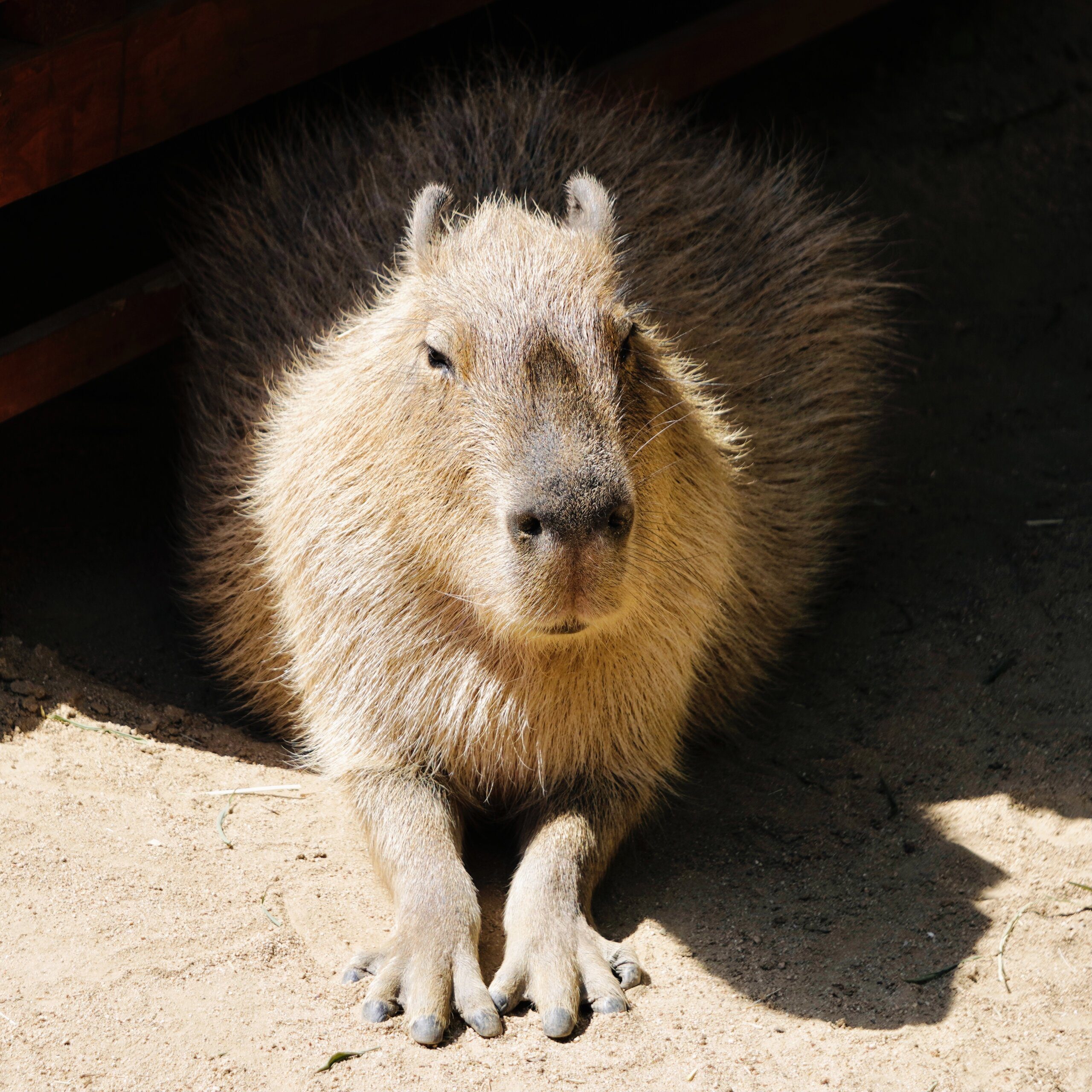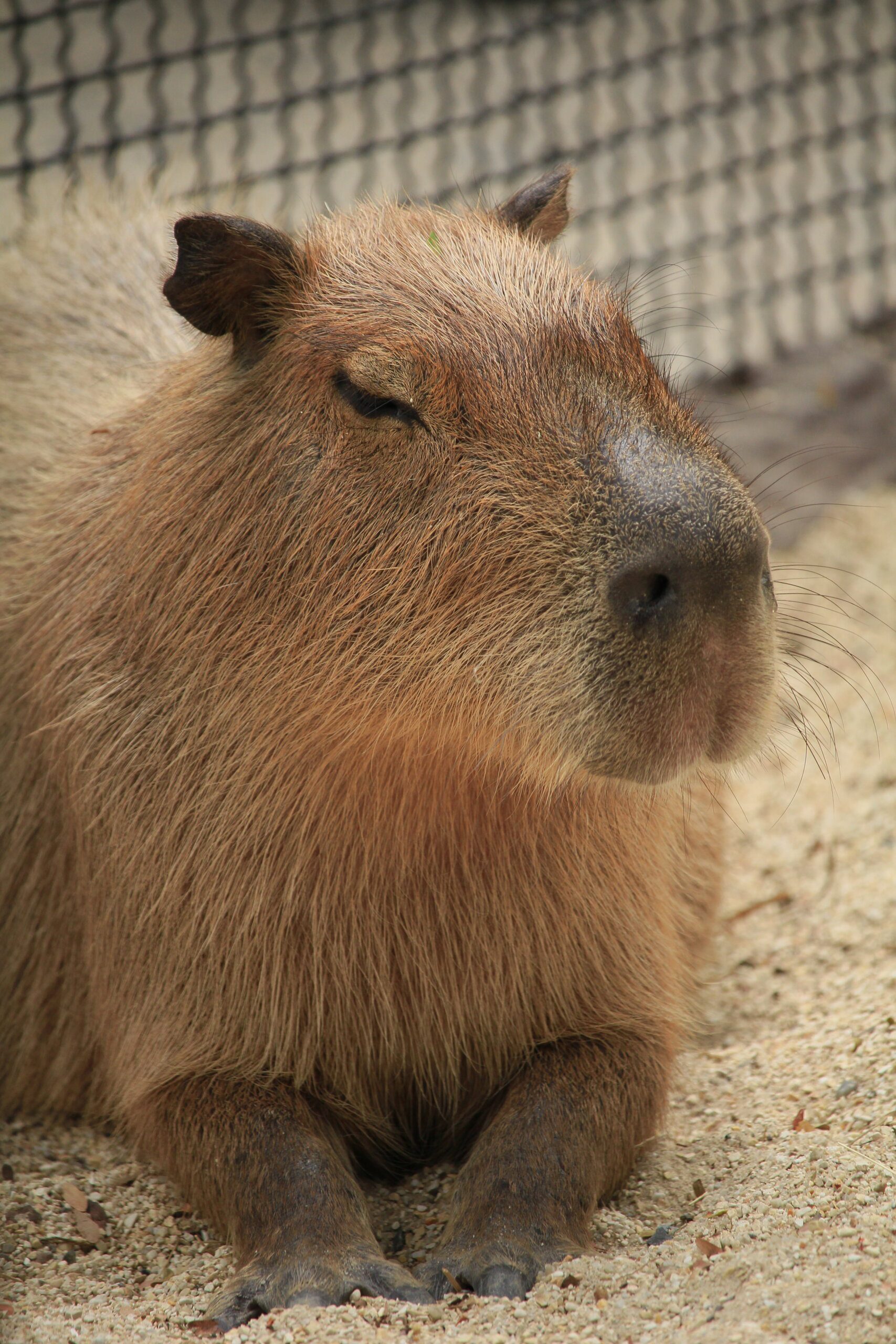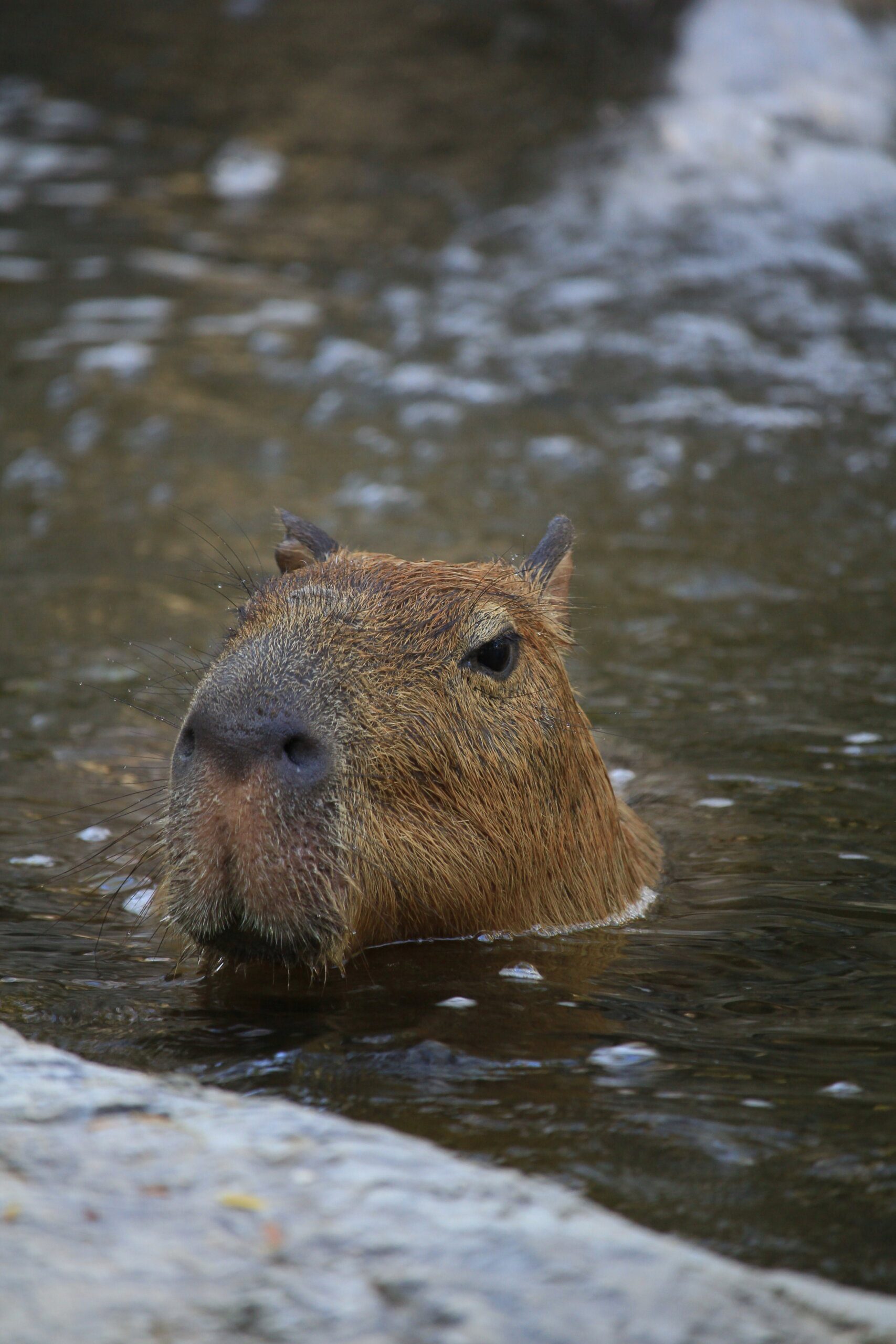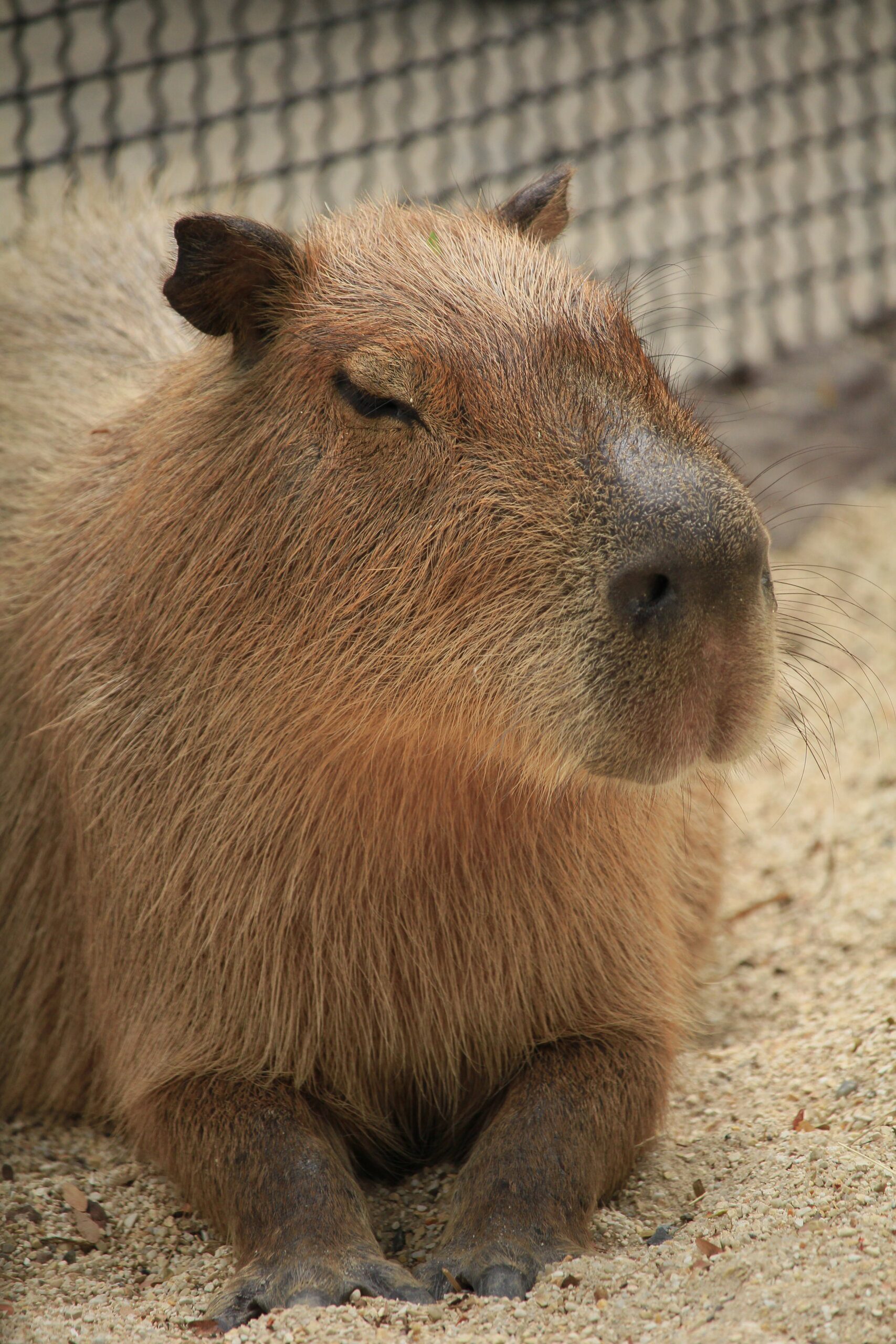Have you ever wondered if you could have a capybara as a pet? Well, you’re not alone! Capybaras, known for their friendly and social nature, have become increasingly popular as exotic pets. But can you really own one of these adorable creatures? In this article, we’ll explore the ins and outs of owning a capybara, including the legalities, considerations, and the responsibilities that come with having this unique pet. Prepare to be amazed by the fascinating world of capybaras!

Legalities of Owning a Capybara
Local Laws and Regulations
When considering owning a capybara, it is crucial to be aware of the local laws and regulations that govern the ownership of exotic pets. These laws can vary greatly from one area to another, so it is essential to thoroughly research and understand the rules in your specific location. Some areas may permit the ownership of capybaras with certain restrictions, while others may outright prohibit it. Familiarizing yourself with the local laws will ensure that you are in compliance and can enjoy the companionship of your capybara without any legal issues.
Exotic Pet Permits
In many regions, owning a capybara falls under the category of owning an exotic pet. As such, obtaining an exotic pet permit is often a requirement. This permit serves to regulate and monitor the ownership of exotic animals, ensuring that the owner is knowledgeable about the specific care needs and can provide a suitable environment for the capybara. Contacting the relevant local authorities or animal control agencies will help you determine the specific permit requirements and guide you through the application process.
Zoning Requirements
In addition to local laws and permits, it is important to consider the zoning requirements in your area when planning to own a capybara. Zoning regulations are put in place to designate specific areas for certain activities or uses, including the ownership of exotic pets. Some regions may have restrictions on the ownership of capybaras based on the zoning designation of your property. Ensuring that you meet the zoning requirements will prevent any potential conflicts and allow for a smooth and legally compliant ownership experience.
Caring for a Capybara
Habitat
Creating an appropriate and comfortable habitat is crucial for the well-being of your capybara. These unique creatures require a sizable enclosure that allows for both ample space to roam and access to water. Capybaras are semi-aquatic animals and need a swimming area, such as a pond or a large pool, to satisfy their natural instincts. Additionally, providing hiding spots, such as wooden structures or foliage, will allow for privacy and security. Remember to regularly clean the habitat and maintain suitable temperature and humidity levels to ensure the health and happiness of your capybara.
Feeding and Nutrition
Proper feeding and nutrition are vital aspects of capybara care. These animals are herbivores, and their diet consists mainly of grasses, plants, and vegetables. Providing a well-balanced and varied diet is essential to meet their nutritional needs. Fresh water should always be available, both for drinking and for swimming. It is crucial to consult with a veterinarian or an experienced capybara owner to establish a suitable diet plan, as specific dietary requirements may vary depending on factors such as age, health condition, and activity level.
Socialization and Enrichment
Capybaras are highly social animals and thrive in the company of others. It is essential to ensure that your capybara has opportunities for socialization and enrichment to promote their mental and emotional well-being. While capybaras can form close bonds with humans, it is crucial to remember that they are still wild animals with natural instincts. Providing companionship with other capybaras or even introducing them to compatible domesticated animals can help meet their social needs. Additionally, offering toys, puzzles, and interactive activities can keep them mentally stimulated and prevent boredom.
Veterinary Care
Just like any other pet, capybaras require regular veterinary care to maintain their health and prevent potential issues. Finding a veterinarian experienced in treating exotic animals, specifically capybaras, is essential. Regular check-ups, vaccinations, and preventive care are necessary to ensure the well-being of your capybara. It is crucial to monitor your capybara’s behavior, appetite, and overall health and promptly seek veterinary attention if any concerns arise. Remember, early detection and intervention can greatly increase the chances of successful treatment and a long, happy life for your capybara.

Challenges of Owning a Capybara
Space and Housing Needs
One of the significant challenges of owning a capybara is the space and housing requirements they entail. Capybaras are large, semi-aquatic animals that need ample room to roam and access to water for swimming. Their enclosure should be spacious, providing both land and water areas. Planning and dedicating a suitable area for your capybara, whether indoors or outdoors, is crucial to their health and well-being.
Specialized Diet and Feeding
Capybaras have unique dietary needs and requirements. Their diet consists mainly of vegetation, including grasses, plants, and vegetables. Providing an appropriate and well-balanced diet is essential to ensure they receive the necessary nutrients. However, obtaining the necessary food items and preparing their meals can be a challenge, especially in areas where such items are not readily available. It is important to consider the additional effort and potential expenses associated with sourcing and feeding a specialized diet.
Social Needs and Time Commitment
As highly social animals, capybaras require a significant amount of interaction and companionship. They can experience loneliness and boredom if not given appropriate attention. Spending quality time with your capybara, allowing for socialization with other capybaras or compatible animals, is vital to their well-being. This can be time-consuming, particularly for individuals with busy schedules or limited availability. Consider your availability to dedicate time for socializing and meeting their emotional needs before committing to owning a capybara.
Expense of Ownership
Owning a capybara can be costly, and potential owners should be prepared for the financial responsibilities it entails. Aside from the initial investment in a suitable enclosure and the necessary equipment, there are ongoing expenses to consider. These include the specialized diet, veterinary care, enrichment items, and other miscellaneous costs that may arise. By budgeting and understanding the financial commitment involved, you can ensure that you can comfortably provide for the needs of your capybara throughout its life.
Potential Alternative to Owning: Capybara Sanctuaries
Supporting Sanctuaries
For those who are not able to own a capybara or desire an alternative way to contribute to their well-being, supporting capybara sanctuaries can be a fulfilling option. Sanctuaries provide a safe haven for capybaras and other exotic animals, where they can live out their lives in a natural and protected environment. By donating to or sponsoring a sanctuary, you can support the care, rehabilitation, and conservation efforts aimed at these wonderful creatures.
Volunteering at Sanctuaries
If you are passionate about capybaras and want to make a hands-on difference, volunteering at capybara sanctuaries can be a rewarding experience. Sanctuaries often rely on dedicated individuals to help with various tasks, such as feeding, cleaning enclosures, and providing enrichment activities. Through volunteering, you can directly contribute to the well-being of capybaras and gain invaluable knowledge and experience in their care.
Educating Others about Sanctuaries
One of the most impactful ways to support capybara sanctuaries is by spreading awareness and educating others about their purpose and importance. Sharing information about the work sanctuaries do, either through social media, community events, or educational presentations, can help raise funds, attract volunteers, and ultimately ensure the continued existence of these vital organizations. By educating others about capybara sanctuaries, you can inspire more people to get involved and make a positive difference in the lives of these unique animals.

Conclusion
Owning a capybara is a significant responsibility that requires careful consideration of the legalities, care requirements, and potential challenges associated with these wonderful animals. By familiarizing yourself with the local laws, obtaining the necessary permits, and providing a suitable habitat, you can ensure that your capybara receives the care it needs while respecting legal and ethical guidelines. However, if owning a capybara is not feasible, supporting capybara sanctuaries through donations, volunteering, and education can be equally fulfilling and contribute to the well-being of these fascinating creatures.



